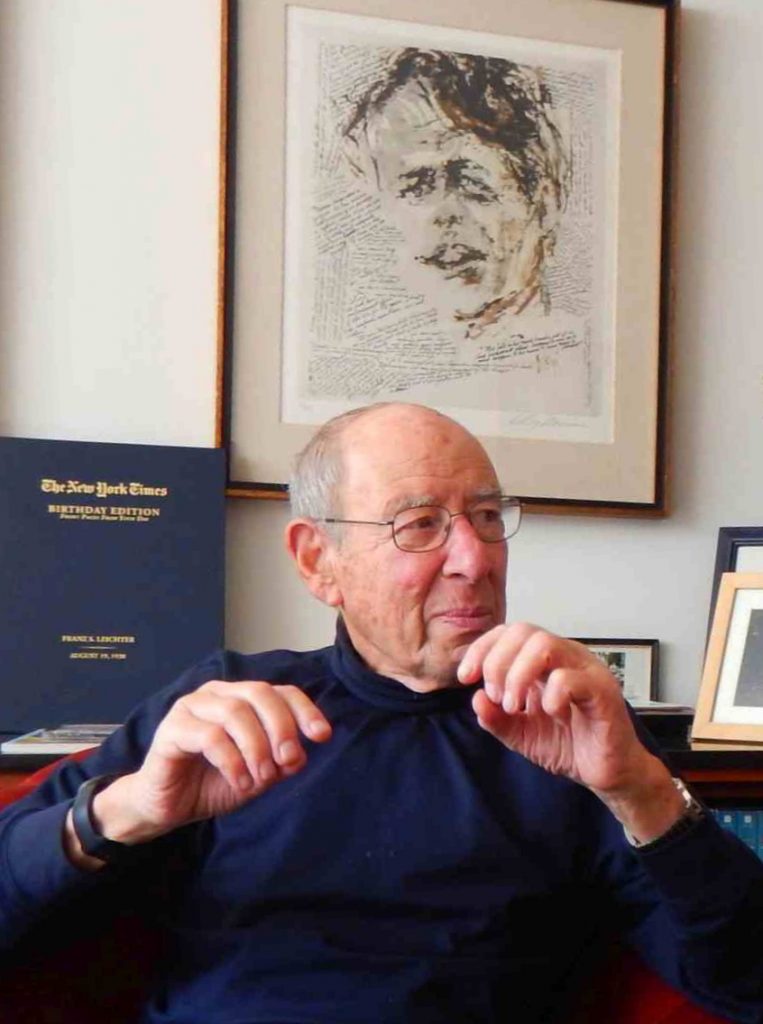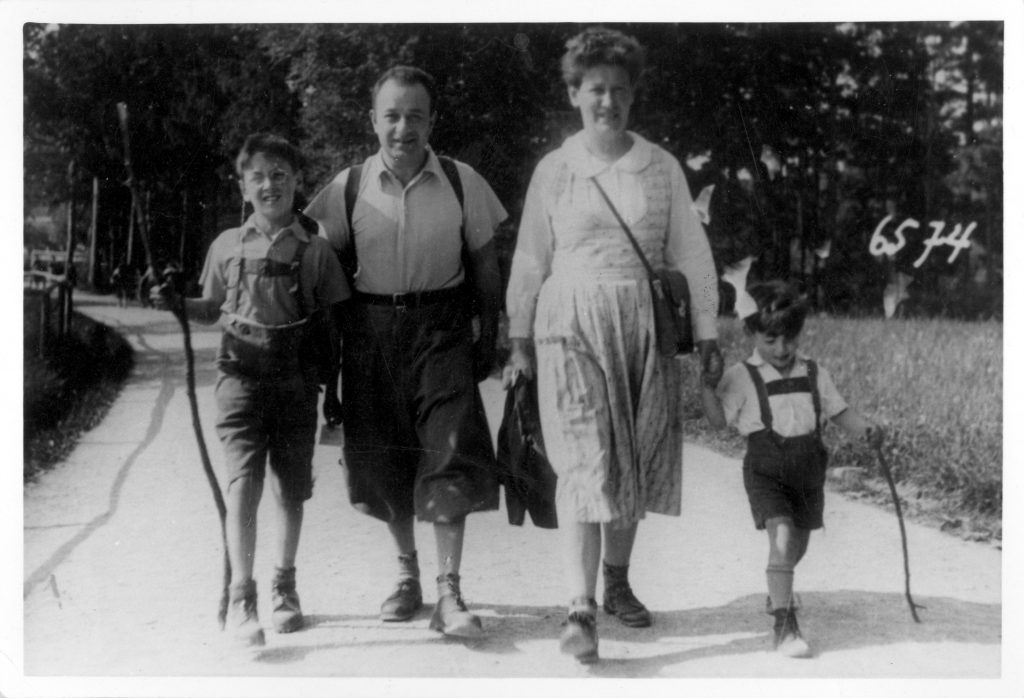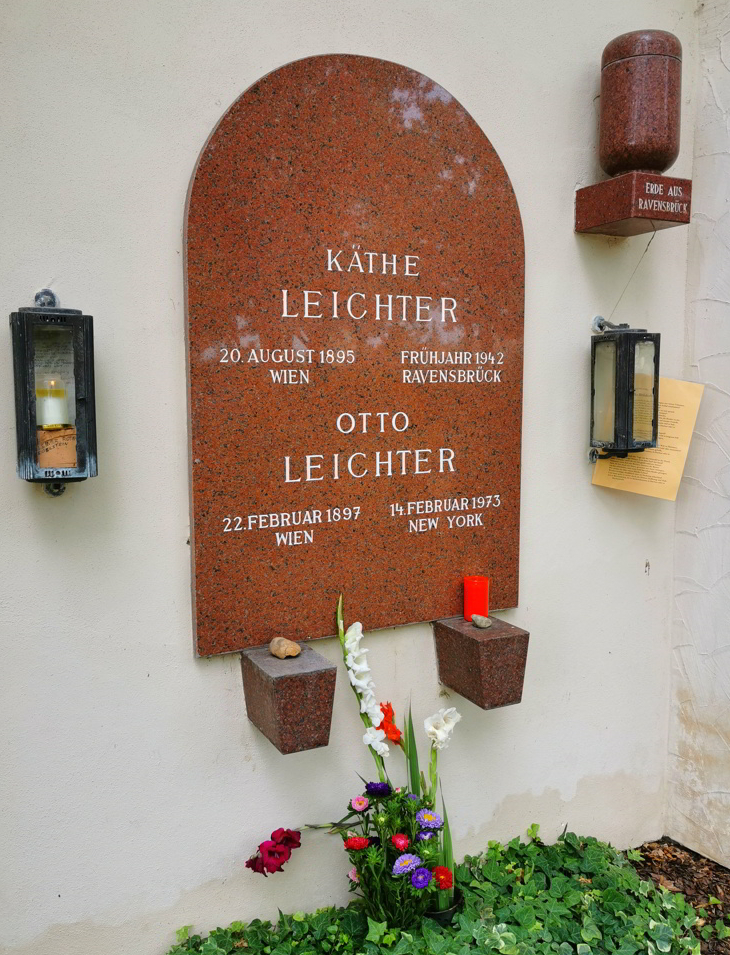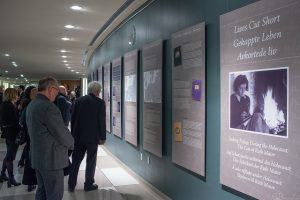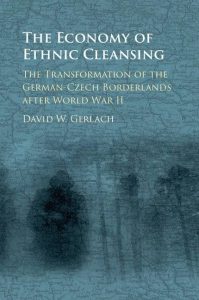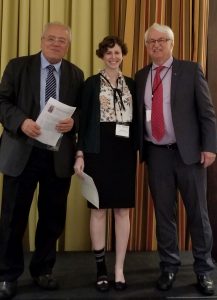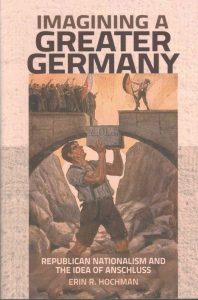An American with an extraordinarily long-standing relationship with the Documentation Center of Austrian Resistance turns 90 on August 19, 2020: Franz S. Leichter, the younger son of Käthe Leichter (1895—1942), outstanding Austrian economist, women’s rights activist, and resistance-fighter.
After the short civil war of February 1934, Käthe Leichter and her husband, the social-democratic journalist Otto Leichter, fled to Zurich together with their two sons, Heinz and Franz, where they remained for several months. After the “Anschluss” of March 1938 the Nazis tried to arrest Otto Leichter, but he managed to escape to Czechoslovakia under a false passport. Käthe Leichter and her two sons applied for legal emigration. However, she was arrested by the Gestapo on May 30, 1938. Friends of the family looked after her children. Otto Leichter, who meanwhile had fled to Paris, made every effort to rescue his sons. A maid and good friend of the family accepted the risk of traveling abroad with Franz, posing as Franz’s mother. Franz’s brother Heinz was able to leave the country with legal emigration papers. After the beginning of World War II, the French authorities arrested Otto Leichter as an “enemy alien.” The kids had to stay in homes for children—Franz in the south, Heinz near Paris. After three months their father was released and he and the boys were reunited, albeit without their mother, who was deported to Ravensbrück, the Nazi concentration camp for women, in January 1940. When the German Wehrmacht overran France in May 1940, they fled Paris together with hundreds of thousands of French nationals and refugees from Germany and Austria. After some weeks in Montauban, they left France with a forged exit certificate, traveled across Spain to Lisbon, and took a Greek steamer to the United States. In late September the ship landed in Hoboken, NJ. Muriel Gardiner, one of the greatest rescuers of Austrian refugees in the US, helped the two sons gain admission to a boarding school in Connecticut.
In May 1942, Franz and Heinz learned about the death of their mother. The Gestapo had issued a notification that she had died because of circulatory disturbance in Ravensbrück; actually, she had been gassed in the euthanasia killing center of Bernburg.
After 1945
Otto Leichter tried to return home to Vienna, but after two years he moved back to the US, where he died in 1973. Heinz (Henry) and Franz became attorneys-at-law. In the 1960s Franz entered politics and joined the Democratic Party. When, after six years in the Assembly and 24 years in the Senate, he withdrew from the New York State legislature in 1998, the “Times” characterized him “as something of a maverick in Albany—one who would as willingly attack Democratic governors as he would Republican ones. A loud critic of state tax subsidies to businesses, Mr. Leichter has also railed against the state’s campaign finance laws, which he considers lax. As a liberal Democrat in a Republican-controlled Senate, Mr. Leichter said he viewed his job as ‘raising issues and making noise.’” (New York Times, April 21, 1998)
Whenever Franz travels to Vienna, he visits the family grave at the Zentralfriedhof. An urn next to the tombstone contains soil from Ravensbrück. For several months a leaflet has hung from that urn, bearing a poem written by Käthe Leichter in the concentration camp in late 1941 or early 1942. In the first lines of this poem she is talking about her troubled sleep and a dream about her two sons:
I was with my children. Covered both and told them: “Mum comes soon, be good and don’t cry”.
We sat still, my husband and I, for not waking the children.
Suddenly I started up from my sleep, saw the moonlight on the iron bedstead,
Me lying there, among so many and yet so lonely and cold:
Me in Ravensbrück, you in Sachsenhausen, in Dachau or Buchenwald…
The founder of the Documentation Center of Austrian Resistance, Herbert Steiner, published a comprehensive biography of Käthe Leichter in 1973. A short biography of Käthe Leichter by DÖW-librarian Herbert Exenberger can be found on the website of the Documentation Center of Austrian Resistance (https://www.doew.at/erinnern/biographien/spurensuche/kaethe-leichter-1895-1942).
